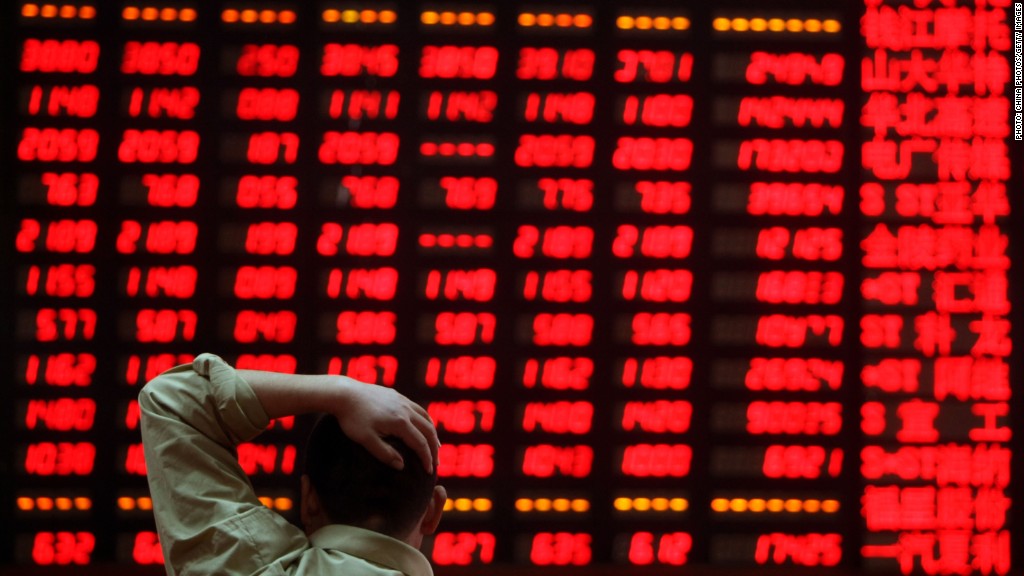
State regulators have banned China Everbright Securities from trading stocks on its own account after identifying the broker as the source of a dramatic surge in the Shanghai Composite last week.
Analysts were puzzled by unusual market activity around mid-day on Friday, when the benchmark Shanghai Composite jumped 6% in just a few minutes. When no obvious explanation for the sudden move was found, many observers speculated that a fat finger trade had been executed.
Attention focused on state-controlled brokerage China Everbright Securities, which announced late Friday that it had experienced problems using its trading system.
Everbright confirmed its role over the weekend, issuing an apology to investors and saying it would work to rectify the situation. The company now faces the possibility of significant penalties and a loss of prestige.
The China Securities Regulatory Commission said it had begun an investigation. A systems glitch, rather than human error, likely led to the market spike, it said.
The CSRC has frozen Everbright's proprietary trading activities. The company is also prohibited from creating new stock index futures positions, according to the China Financial Futures Exchange.
Everbright's trading system mistakenly placed 23.4 billion yuan ($3.8 billion) of buy orders on Friday, 7.27 billion yuan of which were executed.
The firm sold 1.85 billion yuan in ETFs, and executed thousands of futures short sales. The company said that it won't immediately sell off all its accidental purchases.
Related story: JPMorgan hiring in China being investigated
The trading glitch is the "first example since China's capital market was established," according to the CSRC.
While in the spotlight, Everbright stumbled again on Monday, accidentally selling 10 million yuan in bonds at a steep discount.
Everbright's shares remain suspended in Shanghai, but are expected to resume trading on Tuesday.
Related story: China adds fewer millionaires as economy slows
Shanghai isn't the only major market to experience a flash move in recent years.
The Dow Jones industrial average plunged nearly 1,000 points, briefly erasing $1 trillion in market value, in 2010. And in April, the Dow quickly plunged 140 points after hackers managed to send an incorrect tweet about an emergency at the White House.


